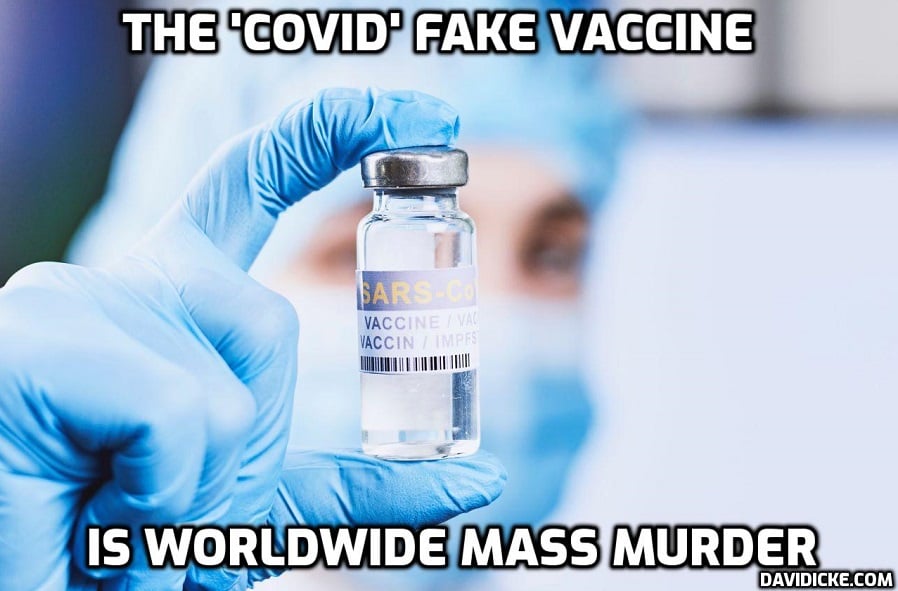This guy is a ‘medical professor’ – terrifying: There’s a very good reason for us all to have a ‘Covid’ booster. So why isn’t anyone allowed to pay for one? (Another question – how did you become a ‘professor’?)

Being a frontline NHS worker is not the easiest job in the world, but it does have its advantages. Most notably, it gave me a ticket to get a free Covid booster.
I had my autumn booster about eight weeks ago. I am fit and healthy, and if I was not a frontline worker I would not be able to get this jab — through the NHS or even privately — as you can in other countries, such as America.
Many people would argue that it makes no sense for me to be so grateful for that booster, but I’ve looked at the evidence and I think it should be available to anyone who wants it (but not mandated).
If the pandemic hadn’t happened, of course I wouldn’t want the vaccine — especially one developed so quickly and without the reassurance of long-term safety data that there is for other jabs.
Also, like any vaccine, it does have potential side-effects: in the case of the AstraZeneca jab, there’s an incredibly rare risk of inflammation of the heart.
But looking at the data, the benefits massively outweigh the potential harms — not just reducing your chances of getting Covid but reducing the severity of the illness and, crucially, reducing your chance of developing long Covid. I dread to think what would have happened if the vaccines had not been introduced.
When I first got jabbed, I thought that it would be the solution to Covid. But we soon started seeing people get infected after immunisation. In all honesty, it made me question how effective the vaccine was.
This, though, was conclusively answered by a major analysis of 68 studies on the effectiveness of the Covid vaccine published in the Lancet Respiratory Medicine journal in February.
This was an independent analysis by statisticians in Canada with no ties to the pharmaceutical companies (i.e. they weren’t set to profit from any ongoing immunisation programme).
The statisticians showed that vaccines reduced hospitalisations by 92 per cent and mortality by 91 per cent, but that the effectiveness waned over time — and that boosters were needed to maintain that effectiveness.
In other words, this research showed that vaccines were a massive help, but not the golden ticket to save humanity from the curse of Covid.
Over time, viruses naturally become less virulent and, with growing levels of vaccine-related and natural immunity, have less of a damaging effect on our bodies. Which is what we’re seeing with Covid.
Therefore, you could argue that someone like me, a fit and relatively healthy man in his 40s, shouldn’t worry about getting another booster.
And this is why you can only get a vaccine in the UK if you’re over 65; at increased risk because of a disease such as diabetes or cancer; living in a care home for older adults; a frontline health or social care worker; aged 12 to 64 and live with someone with a weakened immune system; or aged 16 to 64 and a carer.
But what I believe is not being taken into account, with sufficient vigour, is how the vaccine reduces the risk of long Covid. And it’s getting long Covid that worries me personally.
I’m concerned about the brain fog that many people with long Covid experience (linked to a reduction in brain volume, as seen on MRI scans). Then there are the repeated infections with other illnesses (studies show that people with long Covid have a damaged immune response).
This article has been archived for your research. The original version from David Icke can be found here.



